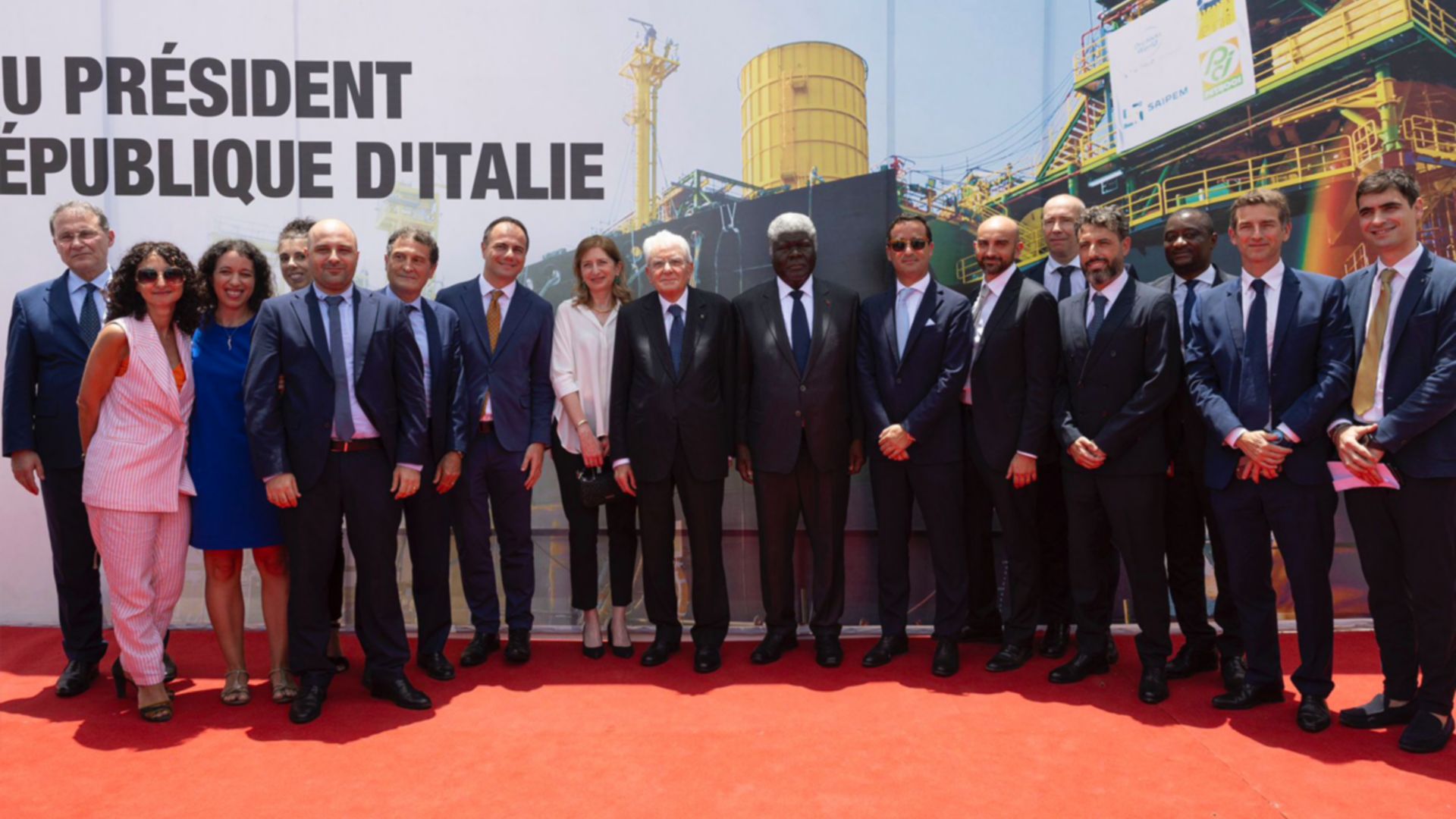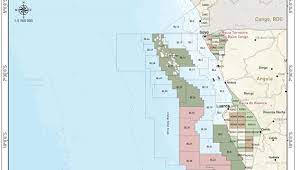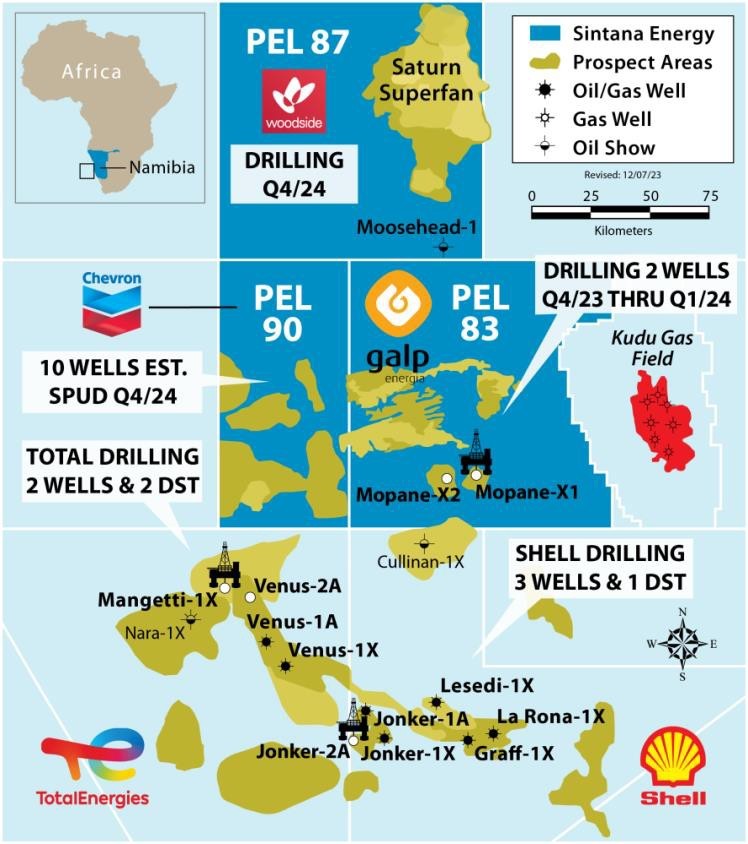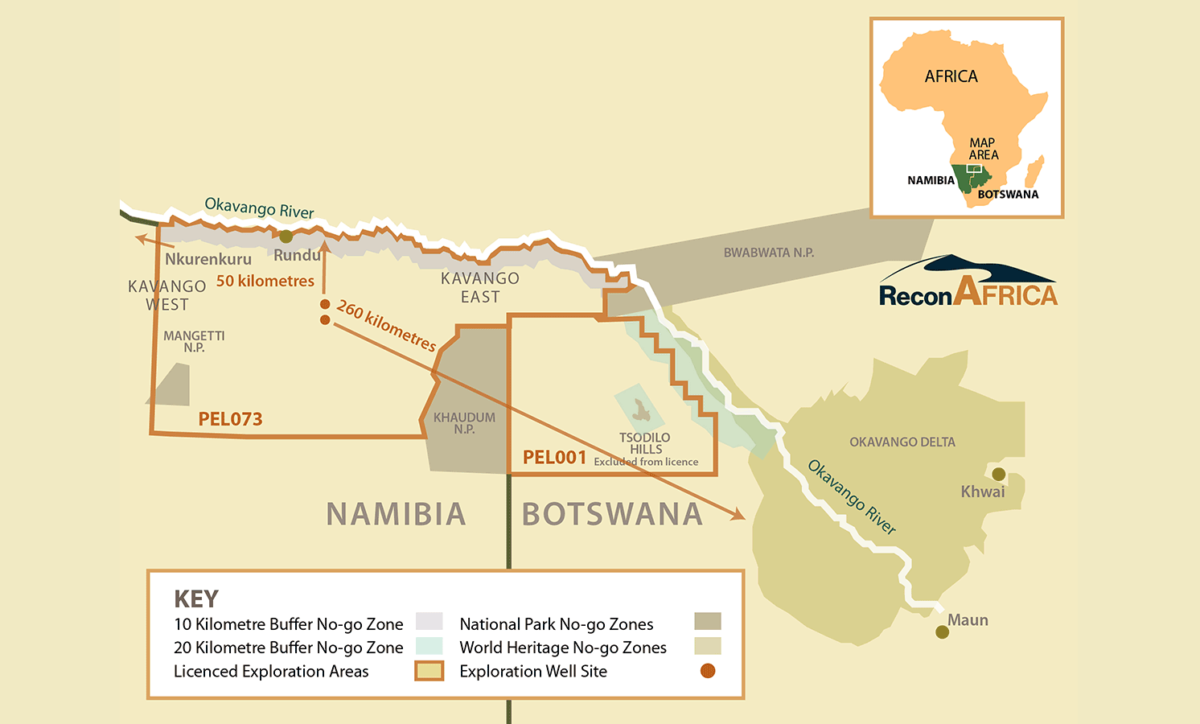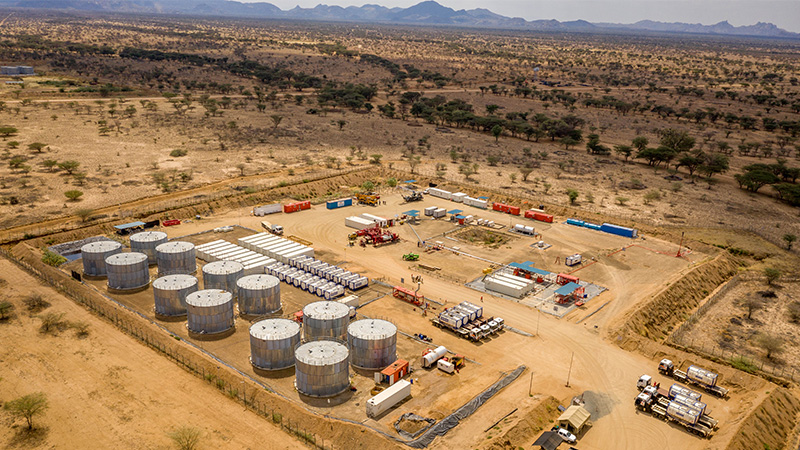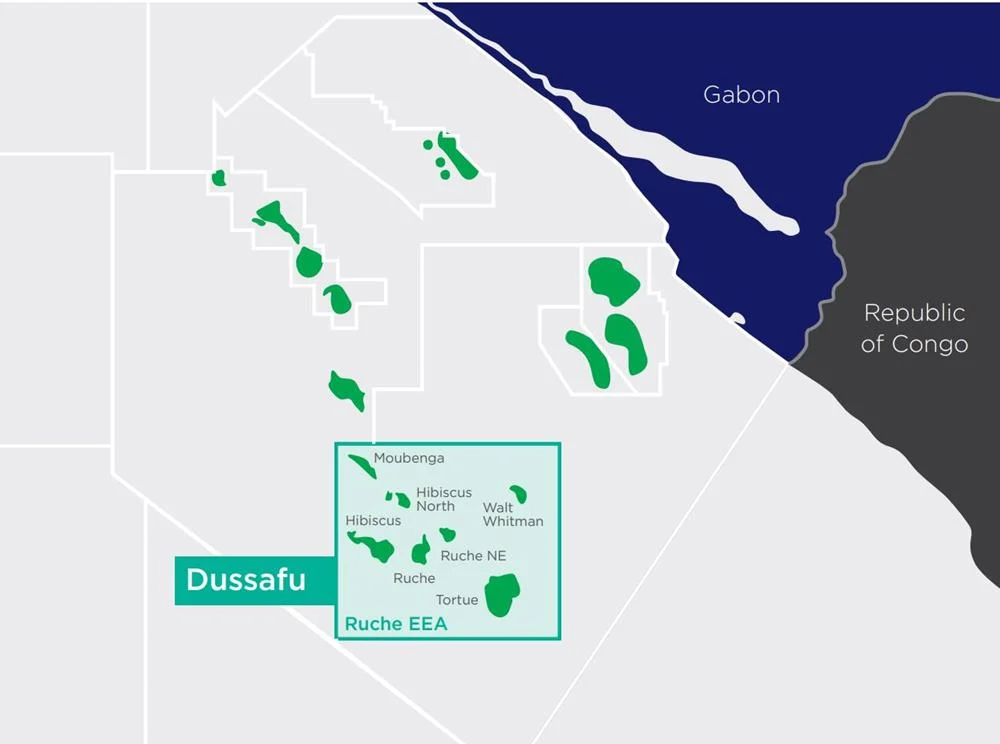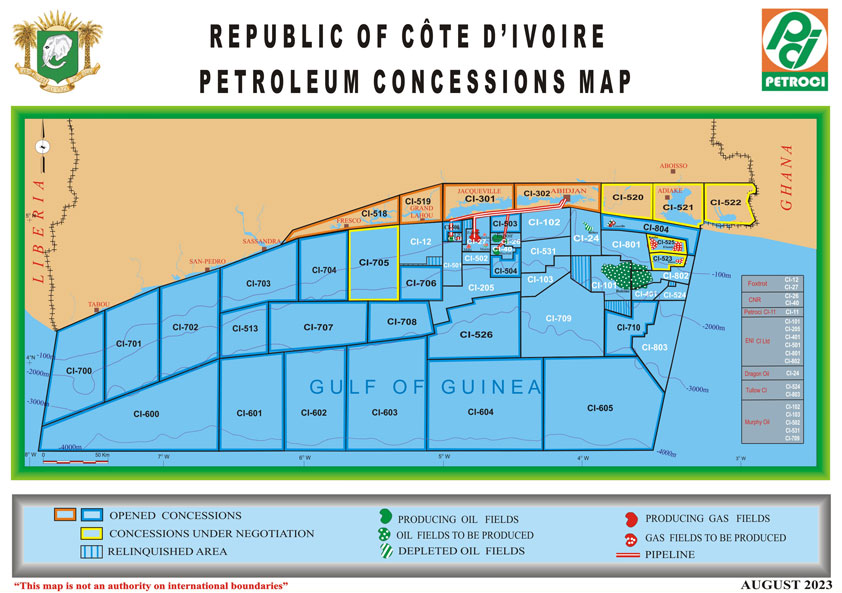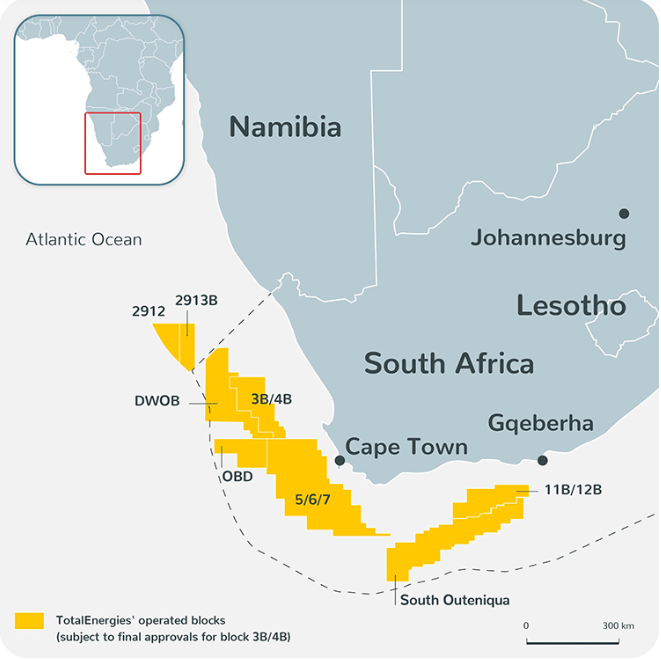Benefit sharing key in development of LAPSSET and Oil resources
By Charles Wanguhu
A key challenge in development is the implementation of an inclusive agenda. Development experts have come to refer to this as “growth coupled with equal opportunities”. The Kenya Human Rights Commission (KHRC) launches a report today of a fact finding mission in the Lamu county aptly titled Forgotten in the scramble for Lamu; the Case of The Aweer and The Fisherfolk.
The report speaks of the lack of government strategy in addressing the livelihood concerns of host communities affected by the LAPSSET project. The report points to the lack of an inclusive and all encompassing approach to these developments.
The report posits that oil infrastructure is seemingly being placed at the expense of other viable livelihood options and may lead to the resource curse where agriculture and other sources of livelihood are sacrificed for the short term revenues accruing from Oil.
The report goes further to hail the Kenyan legal framework as reasonably well developed for the purpose of offering first-line protection to victims and potential victims of development induced injustices. However, while the Constitution firmly stipulates these protections, the lack of enabling legislation limits these safeguards and there is urgent need for sound and conclusive legislations and policies, in line with international best practices and standards.
The report is timely as the new energy bill is discussed especially as it highlights key areas that need to be addressed: Land and status of land tenure among communities along the LAPSSET Corridor, public Participation, transparency, benefit sharing from new found oil and gas resources and addressing impact on local communities of oil and oil related infrastructure.
Kenya previously nonexistent in the oil producing countries has now reached a vital juncture in the development of its hydrocarbons industry. In the short term we are likely to see increased rather than reduced impacts especially as drilling of wells and oil related infrastructure are slated to intensify over the coming years.
The plans include the construction of the longest underground and heated pipeline to transport the oil from the Lokichar fields and the bigger LAPSSET project that includes the construction of a pipeline linking Kenya, Uganda, South Sudan and Ethiopia, the potential building of a refinery at Isiolo or Lamu, alongside the construction of numerous access roads and associated infrastructure.
It is very crucial to address concerns of communities affected either by the production of Oil or the development of the infrastructure to ensure that communities are part and parcel of the planning and where possible can even propose different options that have minimal effects on their livelihoods.
The unprecedented speed of the charge towards production brings the challenge of ensuring that all key stakeholders are up to speed. A feeling of exclusion, shall threaten any developments in the sector. The report proposes that Oil revenues should be applied towards increasing agricultural productivity, safeguarding the environment, reclaiming the cultural heritage of Lamu and addressing past injustices that handicap the participation of the host community in a new-look economic dispensation.
The writer is the Platform Coordinator for the Kenya Civil Society Platform on Oil and Gas (KCSPOG) a network of civil society organisations working on oil and gas issues.

